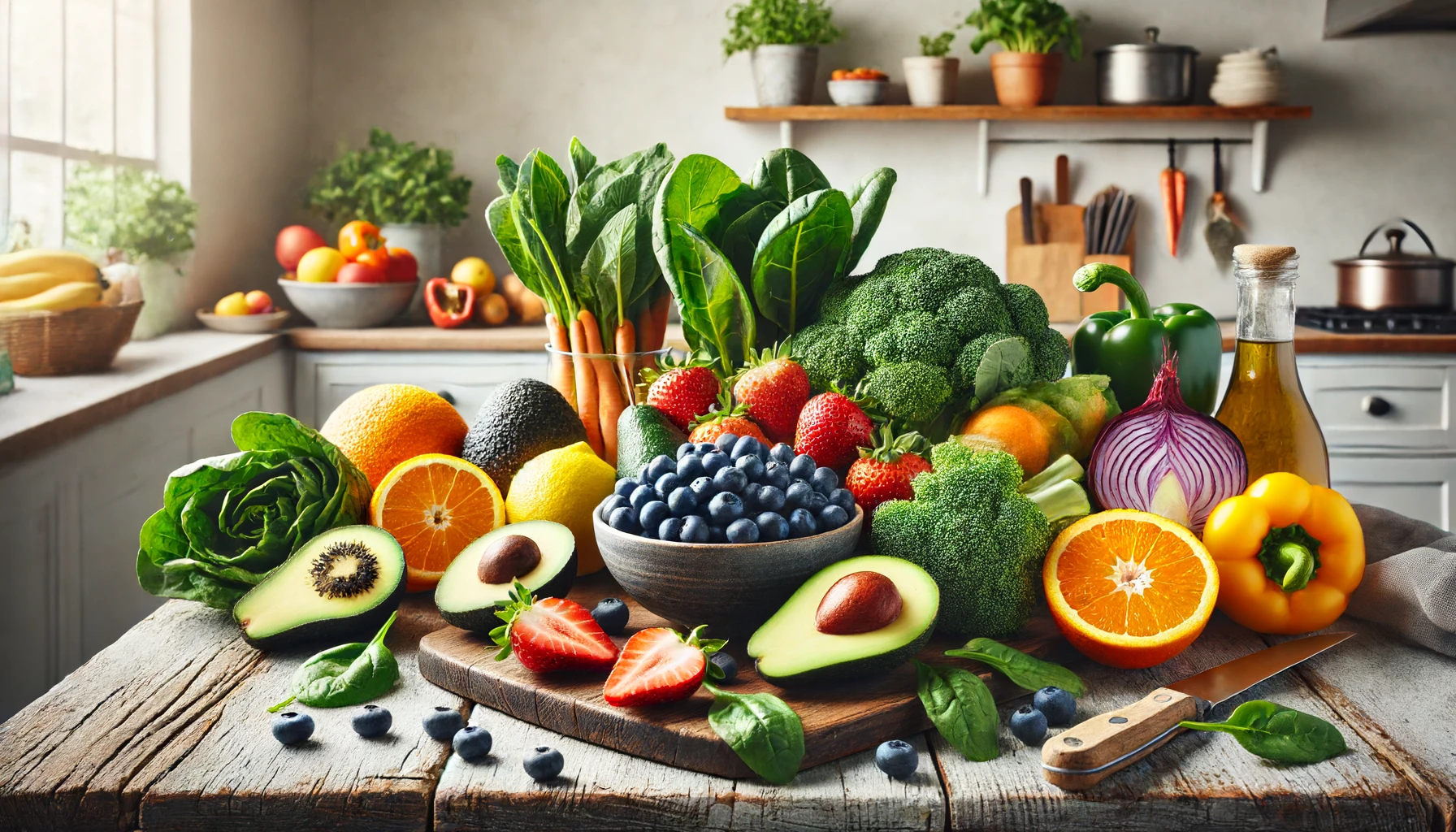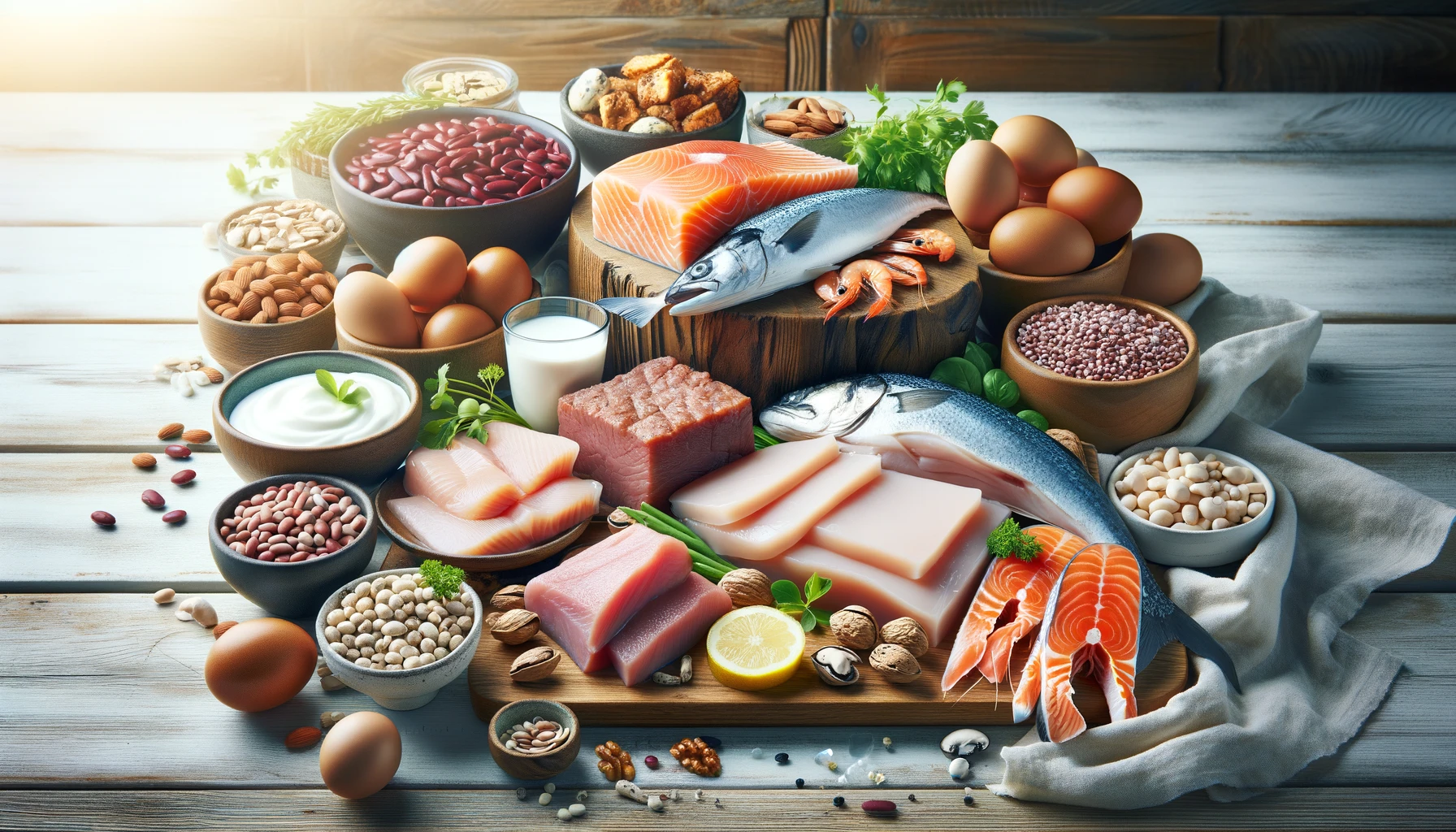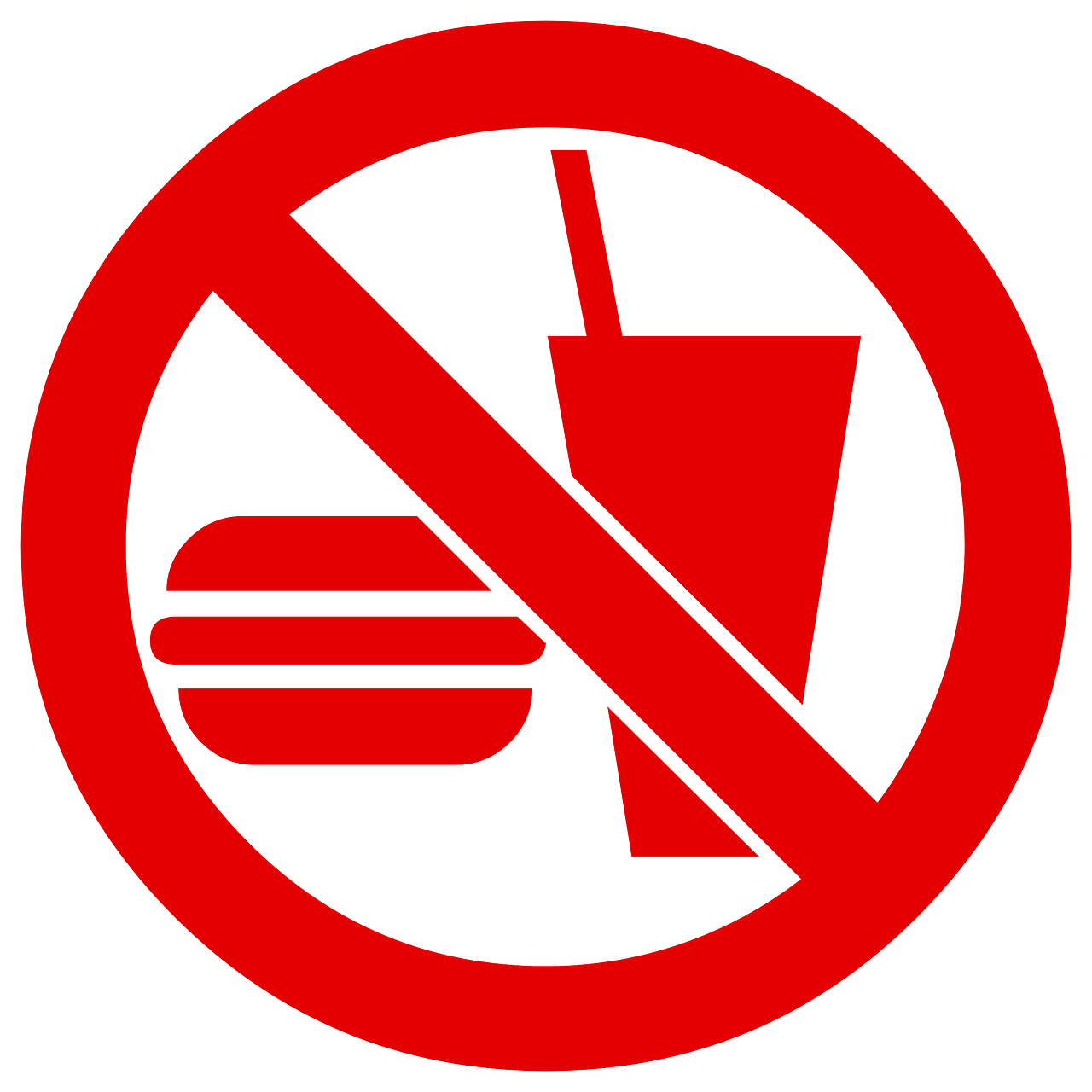Want to feel better both physically and mentally? A balanced diet might be your key to improved well-being.
In today’s busy world, taking care of our health can be challenging. One simple way to boost our body and mind is by paying attention to what we eat.
In this blog post, I'll explain how a balanced diet can significantly enhance your overall well-being. We'll cover the basics of a balanced diet, explore its numerous health benefits, and offer practical tips to help you incorporate nutritious foods into your daily meals.
Ready to transform your health with better eating habits? Let's get started!
What a Balanced Diet Is
A balanced diet is like giving your body the right fuel it needs to run smoothly. It means eating different kinds of foods in the right proportions, so you get all the nutrients your body needs.
Imagine your diet as a colorful plate that includes different types of foods, each offering unique benefits. A balanced diet typically includes a mix of vegetables, fruits, whole grains, proteins, and healthy fats, ensuring you get the right amount of vitamins, minerals, and energy.
Eating a balanced diet is also about eating the right amounts. This means not eating too much of one thing but getting a good mix of everything. When you eat a variety of foods in the right portions, you’re more likely to get all the nutrients you need to stay healthy and feel great.
Why a Balanced Diet Matters
A balanced diet is essential for good health because it provides your body with all the nutrients it needs. It boosts your energy, improves your mood, helps manage weight, reduces the risk of chronic diseases, and promotes better digestion. By paying attention to what you eat and making sure you include a variety of healthy foods, you’re setting yourself up for a healthier, happier life.
Nutrition and Your Health
Eating a balanced diet means getting the right amount of different nutrients your body needs to function well. This includes carbohydrates for energy, proteins for muscle repair, fats for brain health, and vitamins and minerals for overall wellness. A good mix of these nutrients keeps you energized, supports body functions, and helps prevent illnesses.
How Food Affects Your Mood
What you eat also impacts how you feel. Foods rich in omega-3s, vitamins B and D, and antioxidants can improve your mood and mental sharpness. Eating well can help lower feelings of stress and depression and boost your overall mood.
What Makes a Diet Balanced?
A balanced diet means eating a variety of foods that provide the nutrients your body needs to stay healthy and energetic. It’s about including different food groups like fruits, vegetables, proteins, whole grains, and healthy fats in your daily meals. By making sure you get the right mix, you give your body everything it needs to function well and feel great.
Let’s break down what each part of a balanced diet looks like and why it’s important.
Fruits and Vegetables
Fruits and vegetables are packed with vitamins, minerals, and fiber. They’re low in calories but fill you up, making them great for a healthy diet.
To boost your health, eat a variety of berries like blueberries and strawberries, which are great for their antioxidants. Citrus fruits such as oranges and lemons are excellent sources of vitamin C. Include leafy greens like spinach and kale for a lot of vitamins and minerals. Broccoli and cauliflower are fiber-rich and can help prevent diseases. Sweet potatoes and carrots are packed with vitamins that are good for your eyes and skin. Avocados and bell peppers provide healthy fats and antioxidants. Eating a colorful mix of these fruits and vegetables ensures you get a range of nutrients for overall health.
Proteins
Proteins help build and repair muscles and tissues and support your immune system.
For the healthiest proteins, include fish like salmon and mackerel for their good fats, and poultry such as chicken and turkey for lean protein. Legumes like beans and lentils are great plant-based options, while nuts and seeds offer both protein and healthy fats. Eggs are a super choice with lots of nutrients, and lean meats like lean beef or pork are high in protein. Don’t forget dairy or alternatives like Greek yogurt and tofu, and quinoa for a complete plant-based protein. Adding seafood like shrimp and oysters also provides important minerals and low-fat protein.
Whole Grains
Whole grains provide energy through complex carbohydrates and are rich in fiber and nutrients.
For the healthiest whole grains, include oats, which are great for heart health and provide lots of fiber. Brown rice and wild rice offer more nutrients and fiber than white rice. Quinoa is a fantastic grain because it's a complete protein, meaning it has all the essential amino acids. Barley and bulgur are full of fiber and help with digestion. Whole wheat products like bread and pasta are more nutritious than refined versions. Farro and millet are also great choices, offering lots of fiber and protein.
Including a mix of these whole grains in your diet keeps you feeling full, supports digestion, and gives you lasting energy.
Healthy Fats
Healthy fats are good for your brain, reduce inflammation, and provide energy.
For the healthiest fats, include avocados, which are rich in heart-healthy monounsaturated fats. Nuts like almonds and walnuts, and seeds such as chia and flaxseeds, provide healthy fats and essential nutrients. Use olive oil for cooking or dressing, as it’s good for your heart. Fatty fish like salmon and mackerel have omega-3s, which are important for your brain and heart. You can also use coconut oil in moderation for its healthy fats. Even dark chocolate with high cocoa content has healthy fats and antioxidants. Including these fats in your diet helps your heart, improve brain function, and support your body absorb vitamins.
Dairy or Alternatives
Dairy products offer calcium and protein. If you’re lactose intolerant, try alternatives like almond milk or soy yogurt.
For healthy dairy options, include low-fat milk and Greek yogurt for their calcium and protein. Cottage cheese is another good choice, high in protein and low in fat. You can also enjoy cheese in moderation for its calcium. If you prefer non-dairy options, try almond milk, soy milk, or oat milk—they often have added vitamins and calcium. Tofu and soy yogurt are great alternatives, offering protein and nutrients. These choices help build strong bones, support muscle function, and offer a variety of nutrients.
Tips for Eating a Balanced Diet
Control Your Portions
Eating the right amount helps avoid overeating. Use smaller plates and be mindful of serving sizes.
My Tip: Aim to fill half your plate with veggies, a quarter with protein, and the rest with whole grains.
Plan Your Meals
Planning helps you eat better and avoid unhealthy snacks.
My Tip: Create a weekly meal plan and make a shopping list based on it.
Stay Hydrated
Water is essential for digestion and overall health. Make sure to drink enough every day.
My Tip: Try to drink at least 8 glasses of water daily. Use a reusable bottle to track your intake.
Eat Mindfully
Focus on your food and avoid distractions like TV and phone during meals.
My Tip: Chew your food well and enjoy each bite.
Cut Down on Processed Foods
Processed foods often have lots of sugar, salt, and unhealthy fats. Reducing them can improve your diet.
My Tip: Stick to whole foods and read labels to make healthier choices.
Common Mistakes to Avoid
Skipping Meals
Skipping meals can make you overeat later and choose unhealthy foods. Regular meals keep your energy steady.
My Tip: Try to eat at regular times and don’t miss breakfast.
Overeating Healthy Foods
Even healthy foods can cause weight gain if eaten in large amounts. Balance is always the key.
My Tip: Follow recommended serving sizes, even for nutritious foods.
Eating the Same Foods
Eating a variety of foods helps you get all the nutrients you need. Don’t stick to the same meals every day.
My Tip: Experiment with new recipes and try to include different foods each week.
Benefits of a Balanced Diet
More Energy
Eating a balanced diet gives you steady energy all day, without the ups and downs from sugary snacks.
Better Weight Control
A variety of healthy foods can help you maintain a healthy weight by reducing cravings and overeating.
Improved Mood
Nutrients like omega-3s and vitamins can help you feel happier and more focused.
Lower Risk of Diseases
A diet rich in vegetables, fruits, whole grains, and healthy fats can reduce your risk of heart disease, diabetes, and some cancers.
Stronger Immune System
Eating well supports your immune system, helping your body fight off illnesses.
Improving your well-being with a balanced diet isn’t just about eating the right foods; it’s about making smart, enjoyable choices. By adding a variety of nutrient-rich foods and following these simple tips, you can boost your health and start feeling better every day.
Ready to feel your best? Start making small, healthy changes to your diet today!
Stay healthy! I wish you all the best😊










